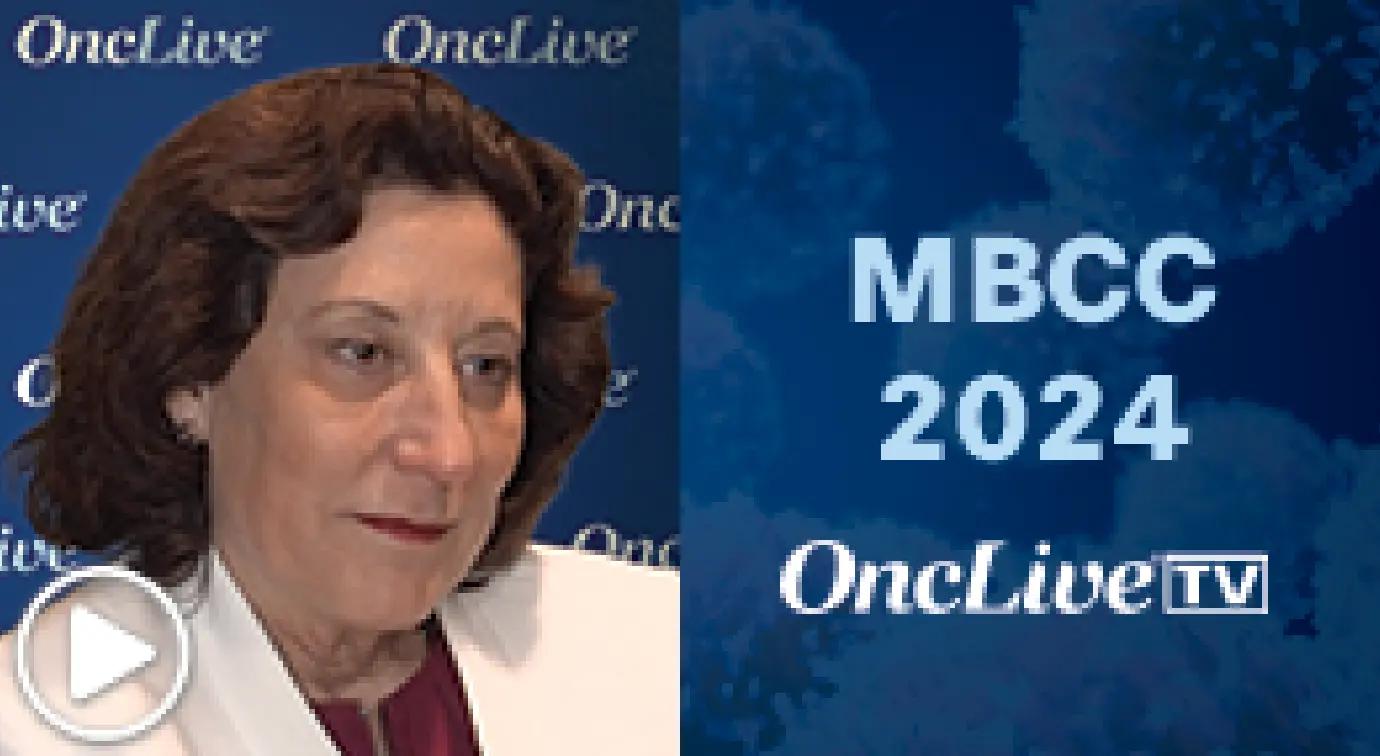
The evolution of antibody-drug conjugates (ADCs) in the treatment of patients with hormone receptor (HR)–positive, HER2-positive, and HER2-low breast cancer is a topic of discussion by Hope Rugo, MD, at the University of California San Francisco (UCSF). Dr. Rugo, an esteemed professor and director in breast oncology and clinical trials education, sheds light on the rapid advances in breast cancer treatment with the introduction of ADCs for various breast cancer types.
According to Dr. Rugo, the emergence of ADCs in HR-positive, HER2-negative breast cancer, HR-positive and triple-negative breast cancers, and the newer class of HER2-low disease is revolutionizing breast cancer therapy. These ADCs use enhanced linker technology to deliver cytotoxic payloads to cancer cells more effectively. While conventional ADCs focus on targeting receptors like HER2 or TROP2, novel bispecific ADCs targeting receptors like EGFR and HER3 or HER2 are in development. However, the challenge lies in selecting the optimal target receptor for ADC internalization, requiring a profound understanding of tumor biology for successful treatment delivery.
Dr. Rugo emphasizes ongoing research exploring alternative targets, such as immune effector molecules, though still in early stages compared to HER2- and TROP2-directed ADC development. Despite challenges, ADCs offer a promising approach to breast cancer treatment by delivering potent cytotoxic agents directly to cancer cells while minimizing systemic toxicity, she asserts.
The success of ADCs lies in their efficiency in delivering potent toxins to cancer cells using minimal payload amounts, maximizing therapeutic efficacy and minimizing adverse effects. Dr. Rugo underscores the need for potent toxins capable of inducing significant antitumor effects to continue advancing ADC development. The progress in ADC research has exceeded expectations, offering new prospects for breast cancer therapy and enhancing outcomes for patients across different disease subsets.
Overall, ADCs represent a significant milestone in breast cancer treatment, providing targeted therapy options with promising outcomes to potentially transform the standard of care in oncology. Dr. Rugo’s insights highlight the potential of ADCs to improve patient outcomes and reshape the landscape of breast cancer treatment.


